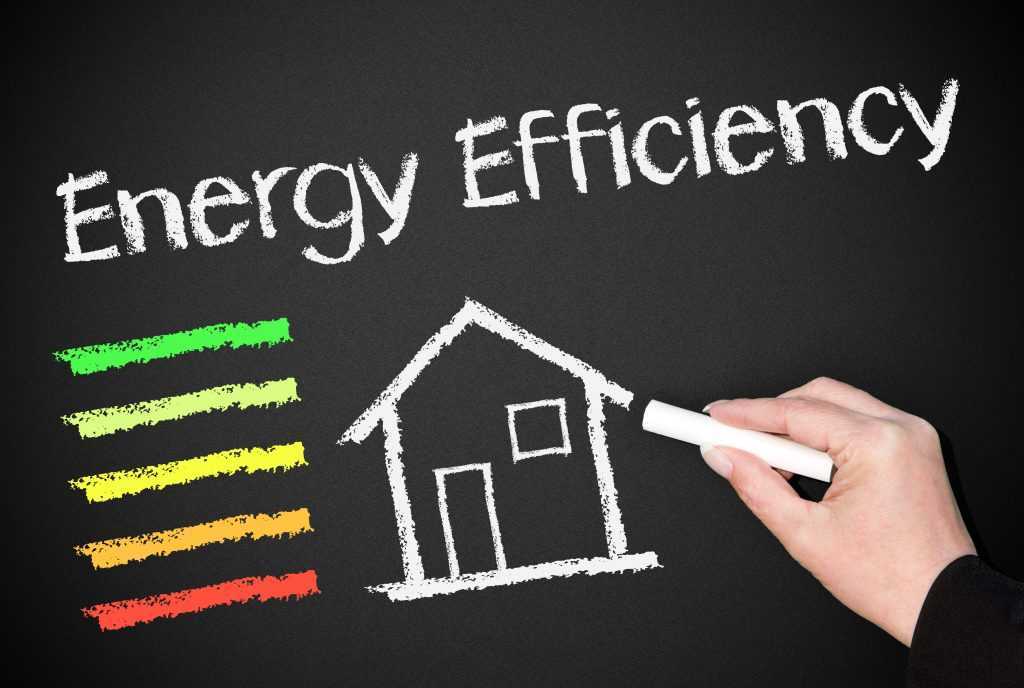 Converting waste to energy is still an emerging, yet potent technology. One of these methods uses sewage or wastewater treatment for energy production.
Converting waste to energy is still an emerging, yet potent technology. One of these methods uses sewage or wastewater treatment for energy production.
The scientific community has already deemed current energy production rates unsustainable; partly due to increasing energy consumption, and partly because of their inefficiency. Fossil fuels are still the dominant energy source, responsible for an increase of 75% in power consumption.
Creating a sustainable method of reliable, cost-effective power generation has long been a challenge. Alternative energy is increasingly becoming the focus, with waste-to-energy demonstrating considerable potential. Industry experts have calculated that converting all biosolids produced by the United States into biomass energy would generate an astonishing 7 million megawatts of energy.
Compared to the entire wind power capacity of the US, which only amounts to an estimated 43,000 megawatts, sewage-to-energy is not only efficient but also environment-friendly.
No waste in waste
Sewage sludge treatment is the management and disposal process for sewage sludge created during wastewater treatment. Initial treatment via circular clarifier, similar to those on regular water treatment facilities, captures organics and other solids through gravitational sedimentation. The subsequent process treats the wastewater through consumption of the organics by microorganisms.
These plants then use anaerobic digestion for on-site heat and electricity generation, which makes use of the methane gas produced in the process.
Alternatives in algae
Other research probes the use of nutrient-rich wastewater to grow algae. Algae are convertible to biofuel, a viable alternative to gasoline. Utilizing algae in wastewater treatment offers advantages to conventional treatment processes. Among them are its low energy requirement, reduced sludge formation, and algal biomass yield.
Algae-based water treatment also helps eliminate toxic compounds in from wastewater, further proving its benefits in wastewater-based energy production.
Converting waste to energy provide an immense advantage to power generation and lessening harmful environmental effects. Instead of piling waste on landfills, they have the potential to serve as useful, adequate resource.

